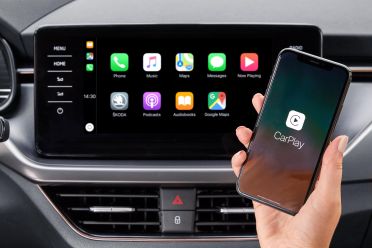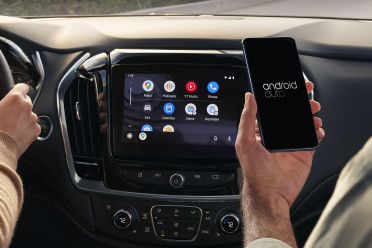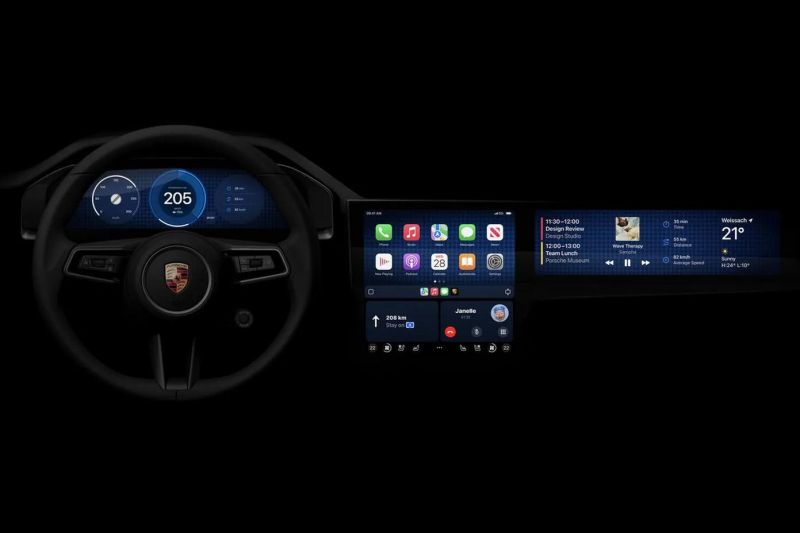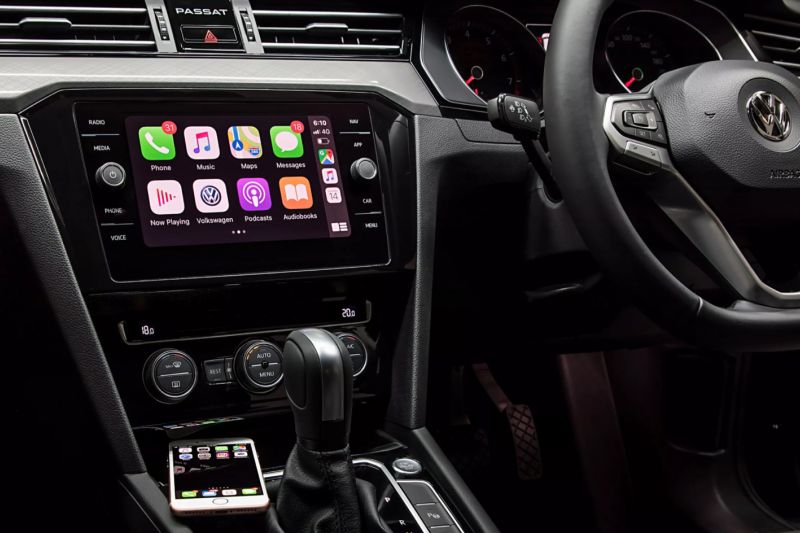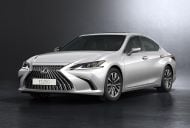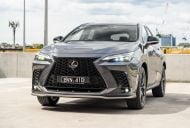A recent consumer survey has revealed around one third of consumers would refuse to buy a car that lacks Apple CarPlay and Android Auto integration.
Results from the survey, conducted by global management consulting firm McKinsey & Company and shared by Automotive News, found 30 per cent of global EV buyers and 35 per cent of global internal combustion car buyers consider a lack of support for third-party smartphone mirroring a deal-breaker.
Results from the survey come after General Motors (GM) last year announced it won’t offer Apple CarPlay and Android Auto on newly launched EVs, noting safety issues and planned driver assist features linked with integrated navigation software.
“If an OEM moves away from seamless smartphone integration, obviously that’s a risk,” said McKinsey automotive and assembly practice global co-lead Kevin Laczkowski.
Apple CarPlay and Android Auto mirror the mobile phone interface on a car’s infotainment system. According to a report by Wards Intelligence published last year, the two systems have recorded installation rates of more than 90 per cent in United States light vehicles since 2021.
These smartphone mirroring systems are similarly commonplace in Australia.
The McKinsey survey found 17 per cent of internal combustion buyers and nearly 30 per cent of EV buyers would be willing to pay for smartphone integration if it wasn’t standard in a vehicle.
In a separate question on their survey, McKinsey researchers asked what car owners would do if smartphone integration was removed in their current vehicles.
Only 35 per cent of global respondents said they would switch to using a brand’s native system. 52 per cent said they would only use their smartphones, while 14 per cent said they would switch to a different car brand for their next purchase.
Ferrari recently confirmed it was phasing out satellite navigation in its vehicles given the superiority of smartphone mirroring, while Aston Martin and Porsche will both introduce next-generation Apple CarPlay which will see it extend over multiple screens and control functions like the climate control.
Some carmakers, however, are keen to develop their own systems to limit the control and influence of companies like Apple and Android. That’s rumoured to be the case for GM, which may offer subscriptions for its own software to increase profits.
GM executive director of digital cockpit experience Mike Himche last year explained to Reuters: “We have a lot of new driver assistance features coming that are more tightly coupled with navigation. We don’t want to design these features in a way that are dependent on person having a cellphone.”
According to GM head of infotainment products Tim Babbitt, both Apple CarPlay and Android Auto have stability issues, including dropped connections, slow rendering, and poor on-screen responsiveness. These issues, he said, cause drivers to pick up their phones which defeats the purpose of smartphone mirroring.
Mr Babbitt admitted many of the problems he lists occur on wireless connections, but contended plugging the phone in wasn’t always a solution.
Some companies, like Tesla and Rivian, have never offered Apple CarPlay or Android Auto in any of their vehicles.
Automotive News reports initial research by Rivian suggested 70 per cent of its customers wanted CarPlay in their vehicles, though that figure decreased to 30 per cent once customers were familiar with the brand’s native system.
McKinsey issued its biennial Mobility Consumer Pulse study on June 12. It surveyed more than 30,000 consumers in 15 countries, accounting for more than 80 per cent of global vehicle sales.
MORE: Ford CEO says Apple CarPlay will live on in its cars
MORE: GM says it’s axing Android Auto, Apple CarPlay support for safety reasons
MORE: The latest on Apple CarPlay from WWDC

